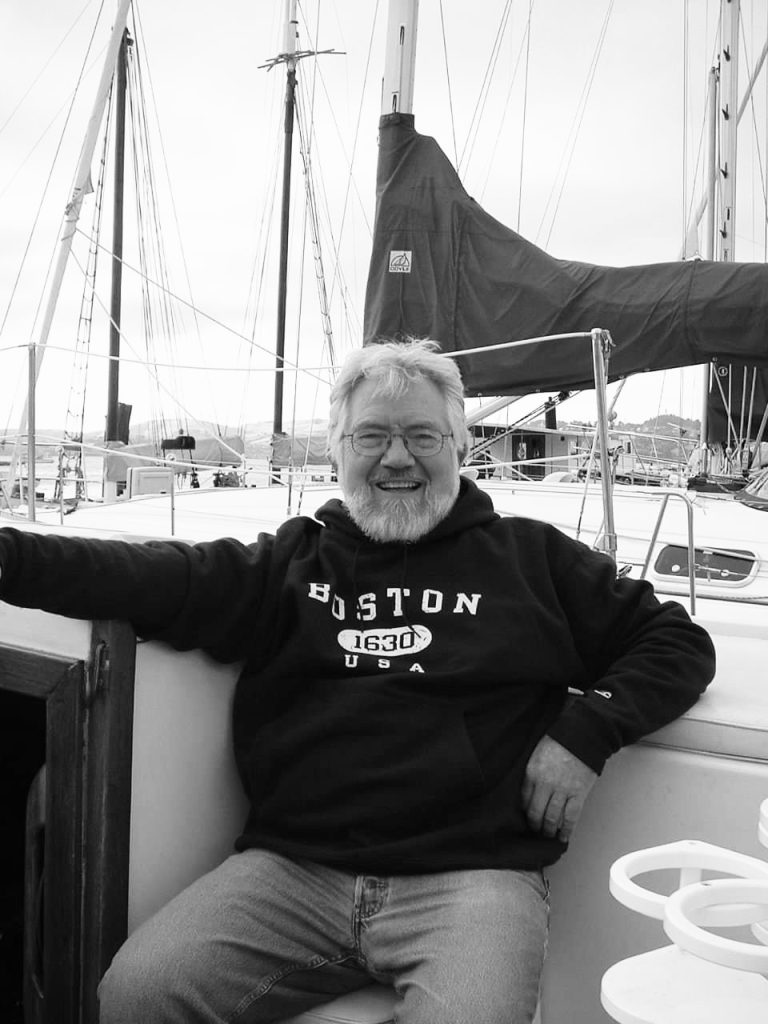
-What has been the greatest difficulty you faced in producing your project?
ALTA CALIFORNIA, an Award Winner in the Wild Filmmaker Competition, is a challenging script that explores the history of the “Mission Era” in California. The idea for my exploring this topic developed soon after my immigration to the US. Born and raised in Cardiff, Wales, I had a preconceived European
way of studying historical events. History was not just a series of unquestionable and unquestioned facts. Those “facts” were often as interpreted by the “victors.” As such, they were open to a challenge by later
ages. I expected warring plots, domination, and the political rivalries that dictates history.
After emigrating to the US, I took at class on American history. It comprised solely of manifest destiny and the Constitution. Nothing more. And so began my exploration of the clash between the Spanish conquistadores and the indigenous peoples of California, which resulted in ALTA CALIFORNIA.
Despite the script’s many national and international awards, I am often confronted by that niggling reality that some critics may not be willing to confront the topic. My answer as of this writing is that many are willing, but some are not.
-Do you think the film industry today has been damaged by political correctness?
Historical scripts such as ALTA CALIFORNIA must find that sweet spot, that exists between truth, such as it is, and entertainment. Some of the critiques I have obtained reveal the reader’s unwillingness to confront truth, saying instead, very well-written script but is the film industry prepared to accept the topic: a script that confronts the honest treatment of the indigenous peoples by the Spanish padres and soldiers?
-What was the greatest source of inspiration for creating your project?
I wanted to know, to really know what had happened. What was the truth behind the sanitized story, the fiction, between first contact between the indigenous peoples and the European invaders. What I found, and what my script speaks to, is that those men and women who seek an alternative, humane treatment for the native population are hidden beneath, even obliterated, by the chosen “truth.” And so, the history of this period is dominated by the “Good Padre” Junipero Serra. Captain Felipe de Neve who challenged Serra’s dictum by presenting an alternative vision for the future of California’s native population is
forgotten. My central character, Paco Palido, in ALTA CALIFORNIA is not, however, either of these figures. Instead, I created a fictional character, a semi-indigenous young man ripped from his mother and tribe. His is an existential journey, trying to discover who and what he is in this radically evolving, historical period? All safeguards for attempting to live a life worth living have been stripped from him. These new ways of seeing place him as “the other.” The script is divided into three sections.
-In the pre-Santa Barbara (Chumash) section, we learn of Paco’s past: village destroyed, mother murdered and life in the Franciscan school. We also witness the attitude of some Spanish soldiers to
natives, especially the women.
-Chumash period. Paco is captured by the Chumash. Here he learns the truth of his people and their beliefs.
-The post Santa Barbara section explores the future, post-Spanish era, for the mission Indians (“neophytes”). Serra has one vision, Neve (supported by King Carlos) another. Only one can succeed.
Paco learns of the subterfuge Serra adopts to assure his vision succeeds.
-If you could ask a question to a great director from the past, who would you like to talk to and what would you ask them?
I would love to meet any director who has struggled to bring an historical past, particularly a meaningful, controversial one, to a contemporary audience. For example, what thoughts went through Werner Herzog’s mind as he filmed “Aguirre, the Wrath of God”? How did Martin Scorsese decide upon “Killers of the Flower Moon”? What obstacles did he face, historically and artistically? How did he overcome them? Did you consider the audience’s reaction to your interpretation of a particular historical moment when making your movie? What were the obstacles?
-What do you think of the Wild Filmmaker platform?
I am delighted there is a Festival that recognizes many writers seek truth and meaning in their work. As Horace advised in his “Ars Poetica,” artists should strive to both delight and instruct. In ALTA CALIFORNIA I explore the question, What is historical “fact”? Is it only, as many historians note, the version presented by the victors? I thank Wild Filmmaker for recognizing I was dealing with a transitional moment in history. I am not an historian; I am a dramatist, exploring that historical moment through my characters. As the quotation says, “Before Columbus, your god did not exist in America!” Thank you, Wild Filmmaker, for recognizing I was trying to explore that moment in ALTA CALIFORNIA.

